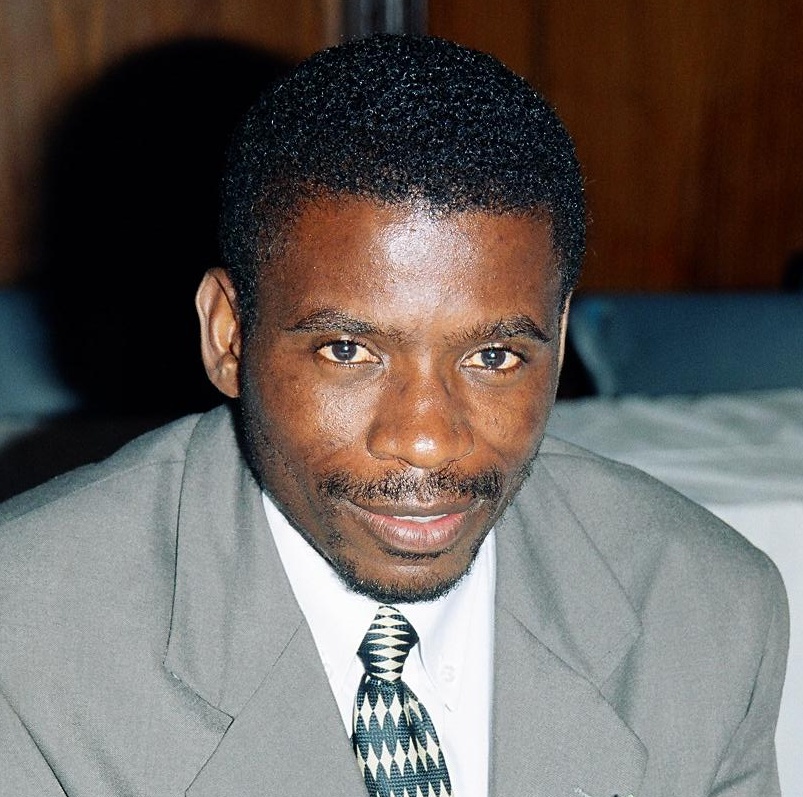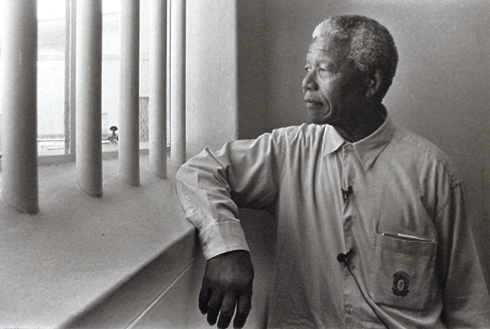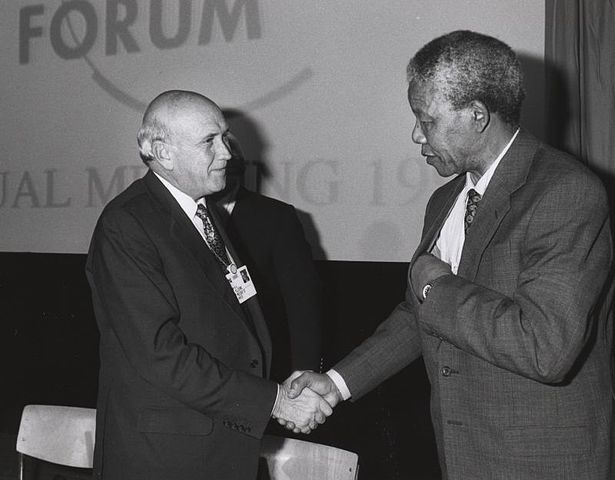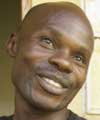What African LGBTs can learn from Tata Mandela
Colin Stewart is a 45-year journalism veteran living in Southern…

The Rev. Canon Dr. John Kapya Kaoma, formerly of Zambia and currently in the United States, describes here what the life of South Africa liberator Nelson Mandela means for LGBT people‘s ongoing struggle for equal human rights. Mandela is known affectionately as “Tata,” the Xhosa word for “father.”
Long walk to freedom:
What African sexual minorities can learn from Tata Mandela
By Rev. Canon Dr. John Kapya Kaoma
When I heard that Nelson Mandela died, I tweeted this, “It took Nelson Mandela 27 years to walk to freedom. African LGBTs, our journey will be long but we will win.” That was when I remembered my 2003 visit to Robben Island.

In the company of many people, we were given a tour of the prison. We were shown the pile of stones, which political prisoners broke daily. But then, we entered the prison in which Nelson Mandela spent 18 years of this 27 years behind bars. My friends rushed to take photos of cell #5, a very small cell, but I refused to do so.
Whether I made the right choice or not, I don’t know. But, I did not want to pretend to be Mandela—I am not and will never be one. Mandela is an icon, who never lost hope in humanity—something most of us find impossible.
As we headed back to Cape Town, surrounded by the lovely waters, I spent my time wondering why Nelson Mandela remained hopeful in the face of the impossible. Since then, I have learned that freedom is not something that comes easily—people have to fight for it and many have to die for it. So when I heard his death, I was taken back to Robben Island. It’s then that I made sense of his book, “Long Walk to Freedom”—freedom is a long journey traveled by the determined and not the strong. It took Nelson Mandela over 27 years to get the freedom of all his people.

Mandela is not the only one who walked that journey—many more people walked that journey with him. Steve Bantu Biko, Robert Mangaliso Sobukwe and Hector Pieterson are among the many South Africans who died and inspired Mandela to continue the walk. But they were ordinary people too, many of whom the world knows nothing about. Their blood inspired Mandela not just to walk the journey, but to carry their dreams with him. Finally, that day came—with cameras across the world running, Nelson Mandela walked to freedom. He later became the first black President of South Africa.
But did Mandela’s journey come to end? I don’t think so—the journey to freedom still goes on. Mandela accompanied millions of people on their walk to freedom. He championed human rights for all people, white, blacks, straights, gays, lesbians, transgendered, intersex, and of course bisexual individuals. He lived to see the day when all South Africans would be treated equal—making South Africa the first country in the world to make discrimination on the basis of sexual orientation illegal and to allow same-sex marriages. Today, millions of people across the world are honoring his legacy.
To me, Mandela’s legacy is simply this: “No oppression in any form will last forever.” So, amidst state-sponsored violence, amidst religiously sanctioned persecutions and amidst lack of rule of law, many sexual minorities are made to believe their freedom will never come.
Not so fast. “Freedom is coming tomorrow.” African sexual minorities should realize that Mandela was imprisoned for demanding the freedom of his people, whose crime was to be what God intended them to be—black. We too are headed to freedom for millions of Africans whose crime is to be gay. If we fear demonization, prisons or death, we won’t get our freedom.

As we walk to freedom, we will continue to have casualties. Our sisters and brothers, Duduzile Zozo and Noxolo Nogwaza of South Africa, David Kato of Uganda, Maurice Mjomba of Tanzania, Eric Ohena Lembembe of Cameroon, among many others, did not die in vain. Their blood provides us with energy to walk tomorrow rather than retreat in despair. As it is said, “If something is not worth dying for, it is not worth fighting for.”
But when we get our freedom, are we going to be like Nelson Mandela — willing to forgive and reconcile the very people who persecuted and killed us? Tata Mandela, as you join our ancestors, inspire us as to take that same long walk to freedom that you have courageously walked for the rights of all people.
Zambia native the Rev. Canon Dr. John Kapya Kaoma is a visiting researcher at the Boston University Center for Global Christianity and Mission; a senior researcher at the social justice think tank Political Research Associates in Somerville, Mass.; and rector of Christ Church in Hyde Park, Mass.
Related articles
- Nelson Mandela’s Impact On Gay Rights Discussed By South African Journalist Mark Gevisser (huffingtonpost.com)
- Nelson Mandela memorial: ‘The world has lost a beloved friend and mentor’ (worldnews.nbcnews.com)
- WATCH: Obama Invokes LGBT Rights in Mandela Eulogy (The Advocate)
- World pays tribute to Mandela exactly 17 years since he signed Constitution against (Pink News)
- Placing our Gay Flag for Nelson Mandela (O-blog-dee)



AMEN brother AMEN . so let it be written , so let it be done